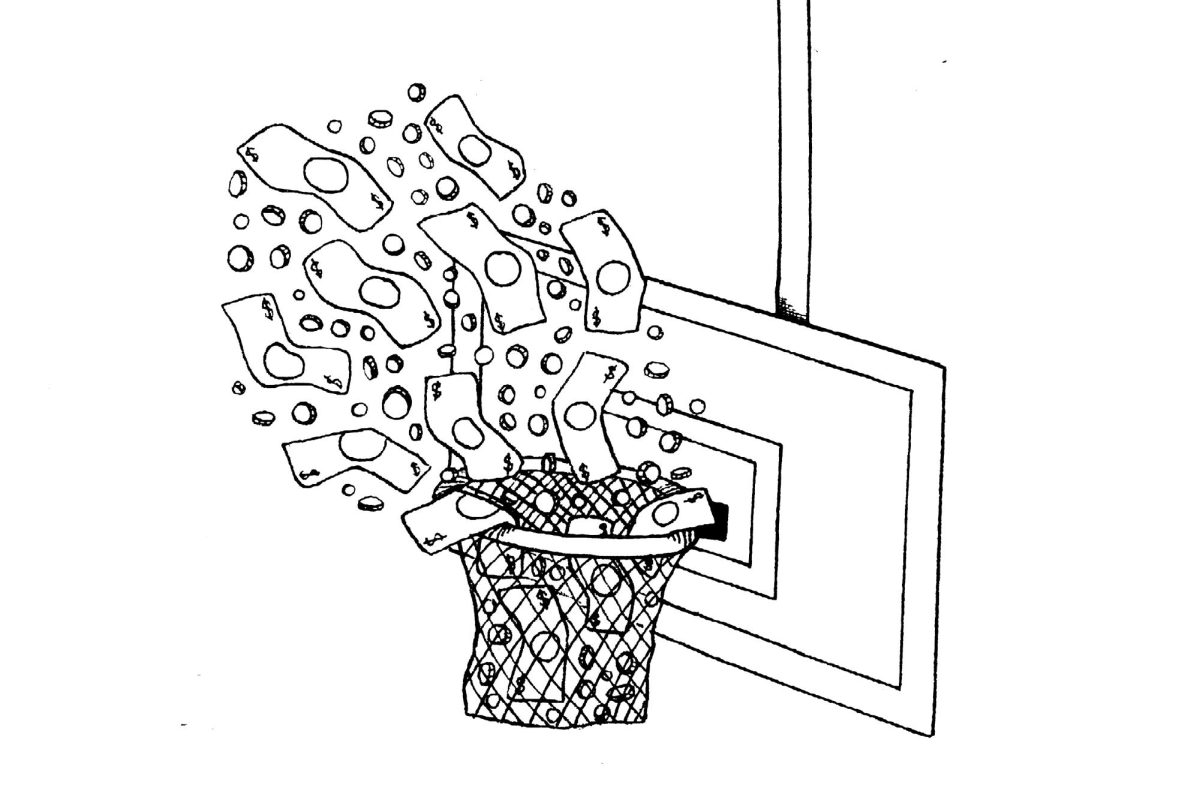Nobody wants to celebrate Thanksgiving over Zoom. And after enduring eight months without any semblance of regular daily life, the urge to sit down to Thanksgiving dinner with the whole extended family is incredibly strong. But giving in and celebrating Thanksgiving like usual could mean spreading the coronavirus to your entire family or getting the virus from someone else, even if you take precautions. With the end of the pandemic in sight, we have come too far to slip up now.
Desperately wanting any kind of normalcy is entirely understandable – because none of this is normal. It isn’t normal to go three-quarters of a year without seeing family or friends in person. It isn’t normal to stare at a computer screen for hours on end for socialization and school, only to do it all over again the next day. But fortunately, the pandemic saga may be drawing to a close soon. Two separate pharmaceutical companies announced this month that their COVID-19 vaccines are more than 90 percent effective. Preliminary authorizations for use could be coming from the Food and Drug Administration within weeks – meaning that, by the start of 2021, people could start getting inoculated. A gradual shift back to normal life is not a matter of if, but how soon.
But the potentially impending conclusion of the COVID-19 era should not make us complacent – especially right now as cases are surging. In fact, the coronavirus pandemic has never been as severe in the United States as it is today. Within the last few days alone, two grim milestones have been reached: total cases topped 12 million, and deaths soared past 250,000. Some of this recent spike has been attributed to people violating social distancing regulations and holding large gatherings on holidays like Halloween. In part because of this, the Centers for Disease Control and Prevention is practically begging people not to travel for the holidays for fear that things could get even worse. Yet millions have already taken to the skies to travel to see family – each one of them carrying the risk of infecting more people.
The temptation may also be strong to try and hatch a plan to make traveling a safe option, like getting a COVID-19 test before hopping on the plane. But even returning a negative test does not mean you are not a carrier. Tests usually take a few days to come back, and you can still catch the virus in that window of time between being swabbed and getting a result. Tests might also miss the virus if it is still incubating – meaning you could test negative one day and then start showing COVID-19 symptoms a few days later. Or, rarely, the test could just turn out to be a false negative. Testing is an imperfect method that is highly effective at stopping the spread in conjunction with avoiding large indoor gatherings and wearing a mask – but is not by itself a replacement for these other methods.
The truth is, it will not be possible to gather in large groups to celebrate Thanksgiving, Christmas, Hanukkah or any other holiday or special occasion until the pandemic is under control. And right now, the pandemic is not under control – but that is likely to change soon if people stick to public health guidelines. In the meantime, we’ve endured too much just to trip at the finish line.
So hang tight. Skip seeing your extended family this Thanksgiving to make sure your loved ones are safe and healthy for the next one. And years down the line, this will all just be a memory to reminisce about between forkfuls of stuffing and dry turkey.
Andrew Sugrue, a junior majoring in political communication, is the contributing opinions editor.



